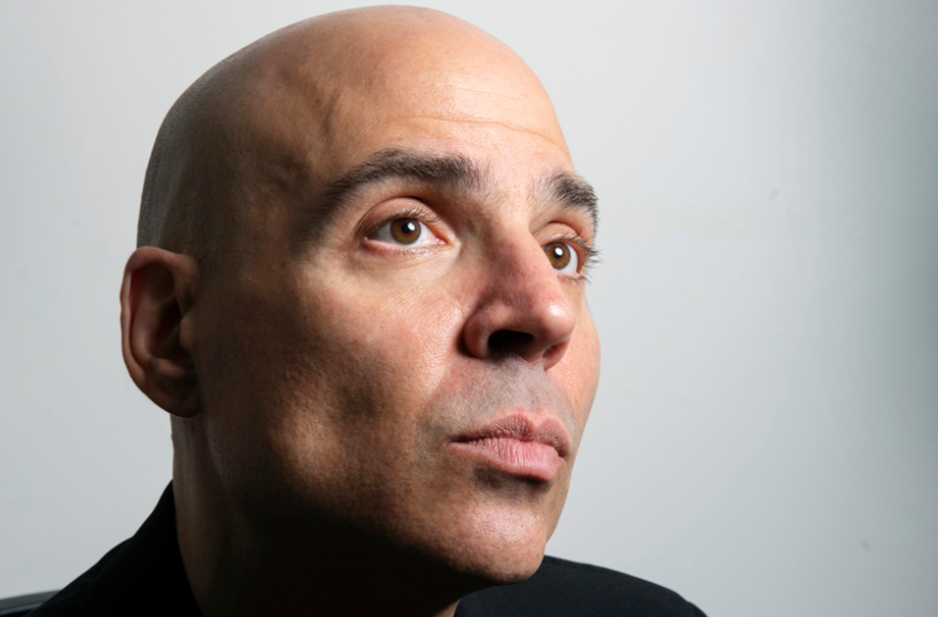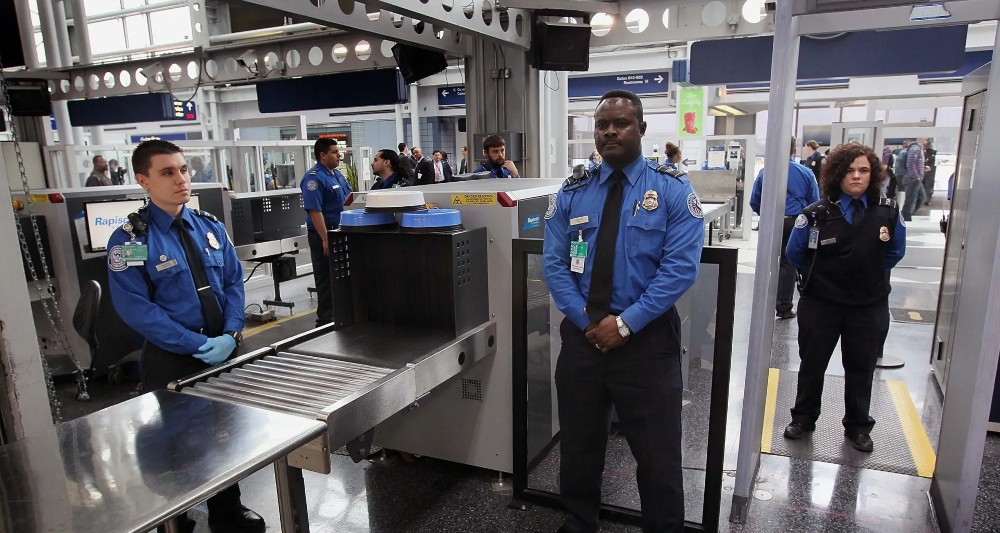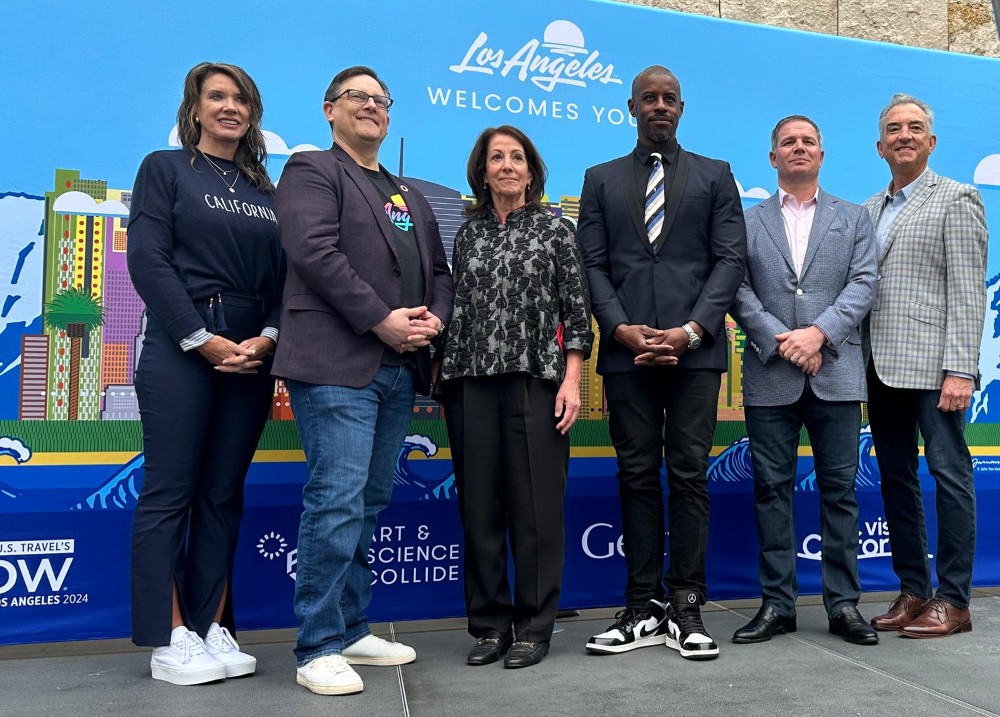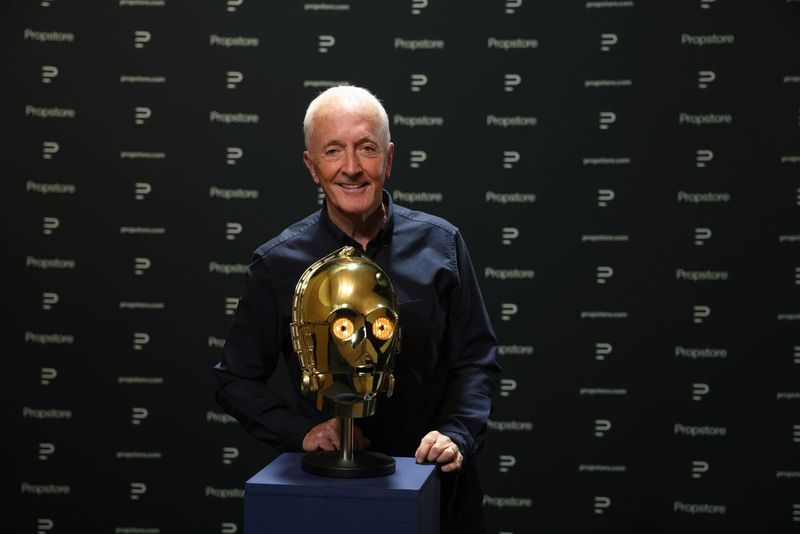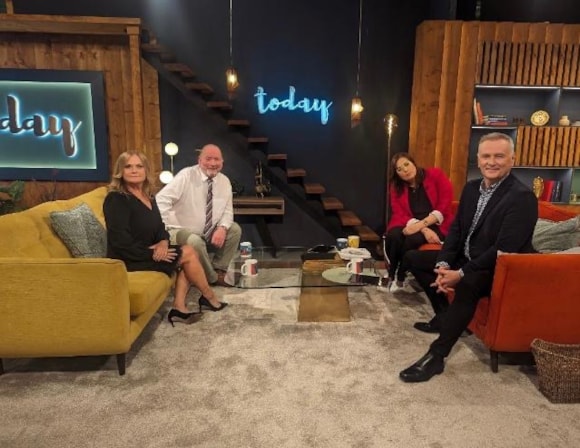The Church of England is said to be a co-owner of Beyoncé's Single Ladies, Rihanna's Umbrella and Justin Timberlake's SexyBack and is one of hundreds of investors in a company called Hipgnosis, which, for the past three years, has been hungrily snapping up the rights to thousands of hit songs.
So far, it has spent more than $1bn (£776m) on music by Mark Ronson, Chic, Barry Manilow and Blondie. Its latest acquisition is the song catalogue of LA Reid, meaning it has a share in tracks like Boyz II Men's End Of The Road, Whitney Houston's I'm Your Baby Tonight and Bobby Brown's Don't Be Cruel.
And when those songs get played on the radio or placed in a film or TV show, Hipgnosis makes money. And, by association, does the Church of England, along with other investors like Aviva, Investec and Axa.
According to Hipgnosis founder Merck Mercuriadis, the music he's bought is "more valuable than gold or oil".
"These great, proven songs are very predictable and reliable in their income streams," he explains. "If you take a song like the Eurythmics' Sweet Dreams or Bon Jovi's Livin' On A Prayer, you're talking three to four decades of reliable income."
He says hit songs are a stable investment because their revenue isn't affected by fluctuations in the economy.
He explains: "If people are living their best lives, they're doing it to a soundtrack of songs. But equally, if they're experiencing the sort of challenges we've experienced over the last six months, they're taking comfort and escaping in great songs.
"So music is always being consumed and it's always generating income."
With Spotify users increasing by a monthly average of 22% between March and July, streaming royalties have increased during the Covid-19 pandemic. As a result, Hipgnosis' share price has largely withstood the turmoil that has affected much of the business world.
Mercuriadis, from Quebec, Canada, got into the music industry after calling the Toronto office of Virgin Records every day for months until they gave him a job in the marketing department, where he worked with acts like UB40, The Human League and XTC.
In 1986, he joined the Sanctuary Group, ultimately becoming its CEO, where he managed the careers of Elton John, Iron Maiden, Guns N' Roses, Destiny's Child and Beyoncé, as well as working on the relaunch of Morrissey's career in 2004.
Kanye West recently called him one "of the most powerful and knowledgeable people in music".
"I've been very lucky to work with everyone I've ever wanted to work with," says Mercuriadis.
“The key to managing any successful artist is to fight hard for them and tell the truth", even when it's uncomfortable.
"The thing that most people don't realise is that, if you have a career that's the length of Elton's, you're going to be the coolest artist in the world seven times over. Equally, you're going to be the most uncool artist seven times over.
"Real life is saying, 'This is where we currently are, this is where we want to be, and this is what we have to do to get there. So let's roll our sleeves up and get our hands dirty and get stuck in.'" He admits he's been "fired for telling the truth" in the past - although he won't name names.
"It happens all the time," is all he will say. "The truth is something few people want to tell. It's arguable that even fewer want to hear it."
The idea for Hipgnosis came to Mercuriadis in 2009, around the time Spotify launched in the UK.
"I could see that streaming was going to change the landscape, and was going to make the music industry very successful all over again," he says.
He points out that the industry's traditional benchmark for success is the platinum record - which, in the US, represents a million sales. It sounds impressive, he says, until you realise that a hit film like Toy Story 4 sold 43 million tickets. "So that immediately tells you that, while the vast majority of the population may enjoy music, very few of them put their hand in their pocket and pull out a tenner and pay for it."
Streaming changed that, he says, because previously passive consumers were willing to pay a monthly subscription. "Instead of the focus being that one in 350 people would actually pay for music, the focus is on all of them."
An estimated 88 million people subscribe to streaming services in the US, more than a quarter of the population. Unlike most music companies, Hipgnosis isn't focused on finding the "next big thing". A third of the songs it owns are more than 10 years old, and 59% are between three and 10 years old.
Fewer than 10% are newer releases.




